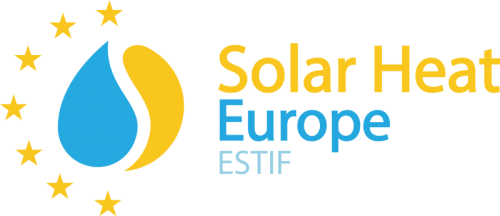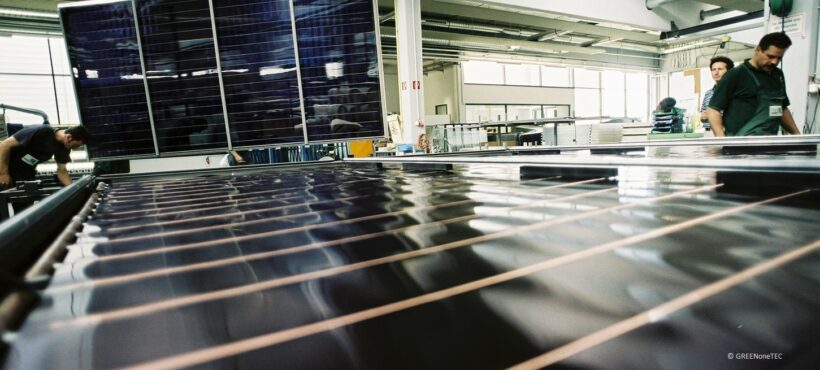In the last months, there have been several key opportunities to contribute to the definition of EU research and innovation policies and funding instruments, most notably with the consultations on the revamp of the SET plan and on the past, present, and future of the European R&I framework programmes 2014-2027.
Solar Heat Europe has been actively engaged in both these processes, individually but also as part of the projects and partnerships it is involved in, namely the RHC ETIP, the ESTTP, and the Renewable Heating and Cooling Alliance.
SET Plan
Last year, the Commission kickstarted the revamp of the SET plan, the main EU instrument to align European and national clean energy research priorities. The document was last revised in 2015 and established 10 key actions divided in 6 priorities.
The main ask from Solar Heat Europe was a greater focus on renewable heat and solar heat. In fact, due to an excessive focus on electricity, the 2015 SET Plan fatally excluded renewable heating and cooling technologies like solar heat from priority “Being n. 1 in renewables”, which addressed renewable energy generation.
As a consequence, solar heating and cooling was not covered from the supply side, only indirectly from the demand-side (for example, the use of renewables in buildings and industry). This was then reflected in the Implementation Working Groups (IWGs) set up to implement the actions identified: two IWGs were established for PV and CSP (concentrated solar power), but no IWG on solar heat. Clearly, such a macroscopic shortcoming severely hampered R&I investments in the sector.
Horizon 2020 and Horizon Europe
On the 1st December 2022, the European Commission launched the largest public consultation ever held on the past, present and future of the European research and innovation programmes 2014-2027, which closed on 23rd February 2023.
The public consultation was the opportunity to:
- Point out the achievements and shortcomings of the previous EU R&I programme Horizon 2020, its application process, and funding management;
- Express views on Horizon Europe’s design and implementation up until now;
- Identify future priorities for Horizon Europe’s Strategic Plan 2025-2027, providing inputs on emerging R&I needs and synergies across EU programmes.
Overall, the consultation was part of Horizon 2020’s final evaluation, Horizon Europe’s interim evaluation and lay the groundwork for the preparations of the Horizon Europe Strategic Plan 2025-2027.
Solar Heat Europe’s contribution stressed four key points:
- Fair treatment of different technologies, particularly renewable heat generation and supply, in the allocation of EU and national funding.
- A more transparent definition of R&I priorities, that involves relevant stakeholders (especially the ETIPs) and is in line with EU legislation, not only the Commission’s political priorities.
- Greater focus and higher budget for solar thermal and Renewable Heating & Cooling technologies.
- Support thermal energy storage (TES) and exploit its potential for sector coupling.
ESTTP and Renewable Heating and Cooling Platform
On March 6th, the European Solar Thermal Technology Panel (ESTTP) steering committee will meet to discuss the update of the Solar Research Agenda (SRA), finalize the process for the election of the new steering committee, and wrap up the work done by the SC.
Solar Heat Europe will coordinate the new call for elections and keep all the stakeholders involved in the process.
If you have any further questions, do not hesitate to contact us at the following email address: info@solarheateurope.eu


Leave a Reply